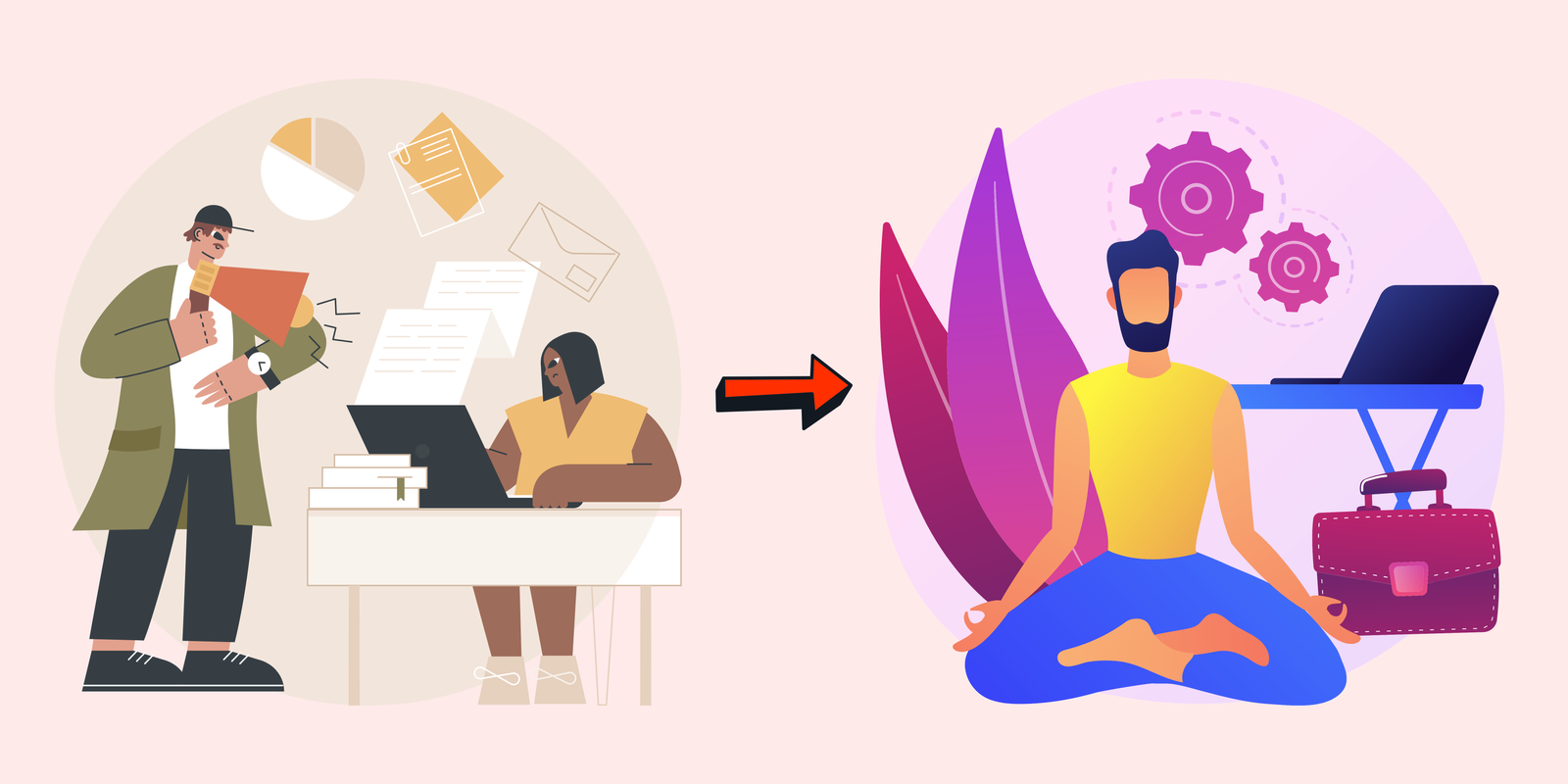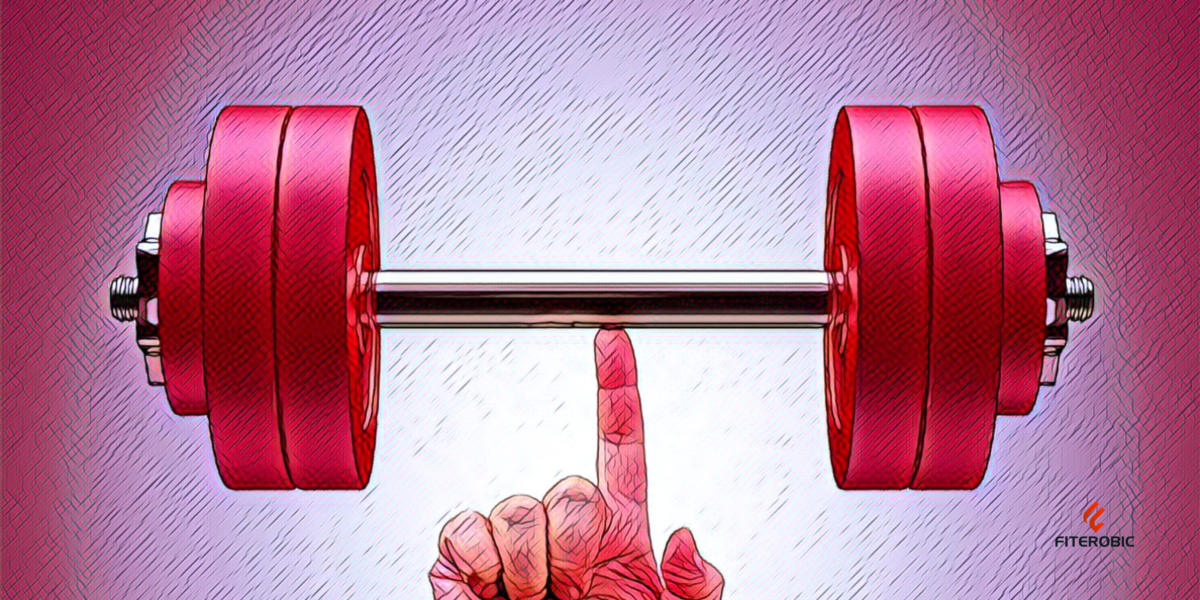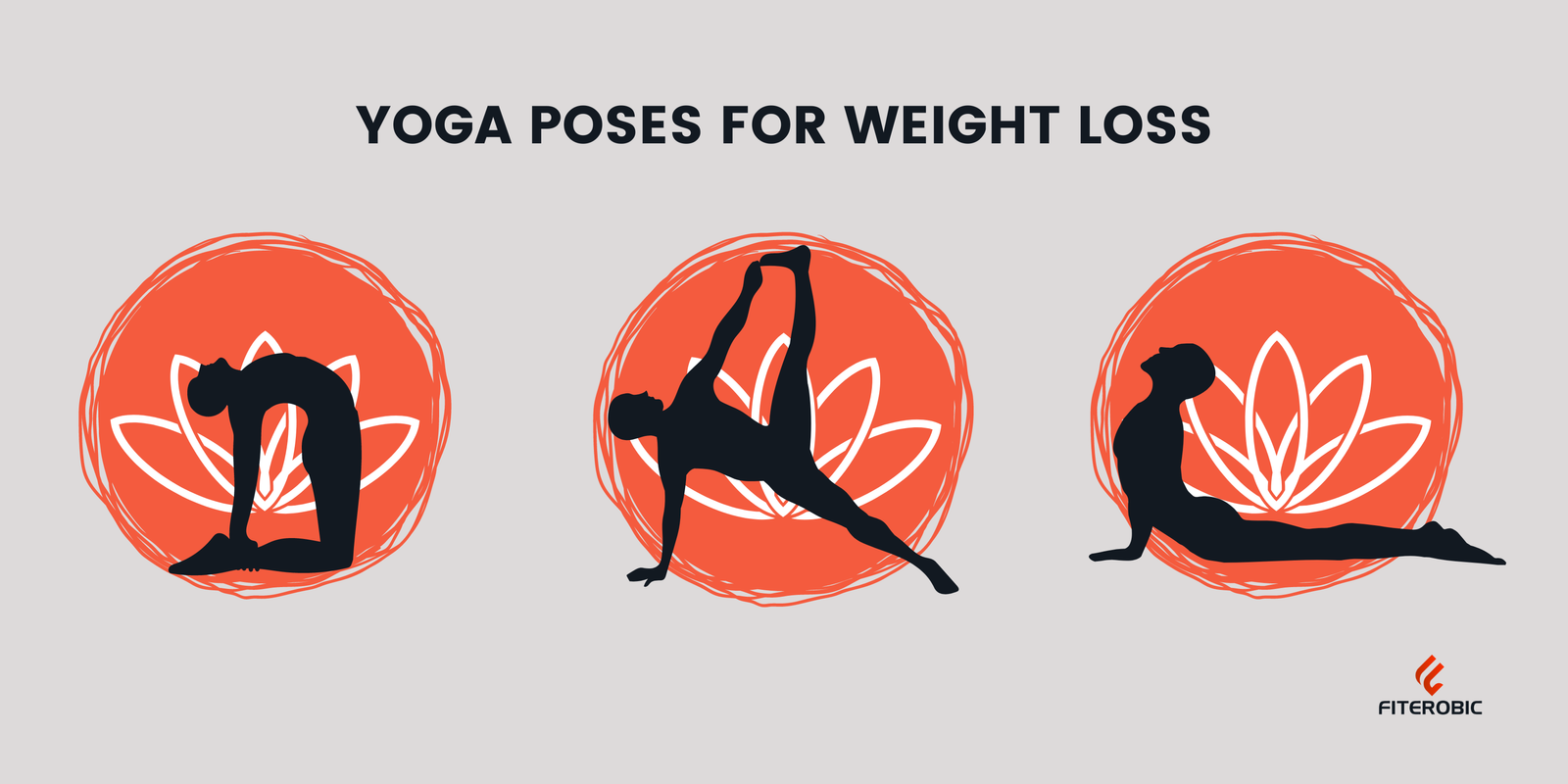
7 Simple Ways to Reduce Stress and Anxiety
[vc_row][vc_column][vc_column_text]The World Health Organization (WHO) defines health as a state of complete physical, mental, and social well-being.[/vc_column_text][vc_column_text]This means it’s not just the absence of diseases that makes a person healthy. A person must be socially aware of his/her surroundings and mentally strong.
Further, mental health is described as a state of an individual where he/she is emotionally, psychologically, and socially capable to think, feel, and act.
We are increasingly seeing that Mental health is emerging as a matter of concern. In 2017, more than 14 out of every 100 people in India suffered mental disorders, as reported by Statista. This number has increased in the post-pandemic times. According to the analysis done by Indian Journal of Pediatrics in 2020, 14.19% of teenagers from a selected group were in grudges of depression.
From adolescents to adults, mental health issues are prevalent among individuals of all ages. These statistics signify that addressing mental health problems and appropriate solutions for them is the need of the hour.
The following section presents 7 simple research-proven ways to reduce stress and anxiety. Keep reading to find out.[/vc_column_text]
[vc_column_text]1. Exercise RegularlyIn 2017 alone, 14 out of every 100 people in India suffered with mental disorders
Yes! It is possible to reduce stress with exercise. Studies suggest that 30 minutes of moderate-intensity exercises are enough to improve mental health. You can choose to do jogging, swimming, or even brisk walking.
Feeling burnout? Worried about a job interview? Exam stress? Go out for a walk. It will lift your mood instantly.
The improvements in mood are due to an exercise-induced increase in blood circulation to the brain. Experts recommend indulging in any physical activity at least 3-4 times a week. It will help you ease stress and anxiety.
2. Regulate Your Sleep Cycle
Our lifestyle has become all the more complex with the advent of technology and wrong habits making a larger part of our lives. Late-night binge-watching, 2 AM overthinking, inclination towards junk foods, and anxiety about the future; are all robbing us of peaceful sleep.
Fixing your sleep schedule is the most important step in reducing stress. Here is what you should do to bring your sleep cycle on the right track.
- Exercise every day for at least 30 minutes. Studies suggest that exercising in the morning releases a hormone called melatonin. The melatonin hormone regulates your sleep cycle and helps you fall asleep on time.
- Eat your dinner early so that you don’t go to bed with a full stomach. Going to sleep immediately after a meal can increase the chances of acidity causing heartburn and poor sleep.
- Try foot-bathing. Place your feet in warm water (40 degrees Celsius) for 20 minutes before going to sleep. This technique enhances sleep quality as depicted by a study made in 2013.
3. Use Essential Oils
Aromatherapy is an effective method used for mental well-being. This practice involves inhaling the scent of essential oils, which are extracted from plants.
A 2016 study tells that aromatherapy works by altering brain functions and human behavior. Another study suggests that the aroma of essential oils minimizes the secretion of cortisol – the stress-causing hormone.
Here are the best and safe essential oils that are proven to be beneficial for improving mental health.
Lavender Essential Oil
When it comes to reducing stress using essential oils, lavender oil is the flagbearer. The anti-anxiety properties of this essential oil are backed by research.
Lavender creates a calming effect and reduces stress levels. You can use an oil diffuser or consume as capsules.
If you decide to go with capsules, the recommended dosage is 80 milligrams per day. You can further consult a doctor or a certified healthcare professional for safer use. We do not encourage anyone to consume a lavender capsule without medical advice.
In the case of a diffuser, fill it with water. If your diffuser is 100 ml, gently place 3-5 drops of essential oil in it. Let the magical aroma diffuse throughout your surroundings!
Orange Essential Oil
A 2012 study found that participants who inhaled sweet orange essential oil didn’t have an increase in anxiety or tension during an anxiety-inducing situation, unlike those who inhaled a control aroma (tea tree oil) or a placebo.
Often used as a tranquilizer by aromatherapists, orange essential oil rejuvenates the mind and enhances mood.
Sandalwood Essential Oil
Earthy and warm, sandalwood essential oil is proven to contain anxiolytic (anxiety-killing) properties, making it an excellent solution to get rid of anxiety.
When inhaled using a diffuser, sandalwood oil lowers blood pressure, declines stress levels, and restores physiological processes to normal.
Rose Essential Oil
Distilled from the flower petals, rose essential oil not only contains a gentle floral aroma, but it also carries stress-reducing properties.
Numerous studies on animals and humans support the efficacy of rose oil to confer psychological and physiological relaxation. It also has analgesic and anti-anxiety effects.
This oil can be inhaled via a diffuser or applied topically.
4. Nature’s Remedies
Nature is a treasure house of wonderful remedies. There are several herbs that are blessed with healing effects to provide mental wellness.
Below is an array of the most common and effective herbs for stress relief.
Ashwagandha
An amazing herb for curing stress naturally, Ashwagandha, is easily available in the market in the form of tablets or powder.
Many clinical studies verify the potency of Ashwagandha to combat anxiety. It has a calming effect on people with increased stress levels.
Chamomile Tea
This caffeine-free tea is widely used for relaxation by anxiety and depression patients. As published by the Journal of Clinical Trials, 500 mg pharmaceutical-grade chamomile extracts were given to participants for 8 weeks continuously. The results were favorable to use this herb for stress management.
The stress-relieving action of chamomile is due to the presence of flavonoids compounds. These compounds interact with neurotransmitters in the body and increase physiological reaction rates.
Mostly consumed as a tea, this herb can also be taken as supplements or skin cream to reduce cortisol levels in anxiety patients.
Bhringraj
Commonly consumed in powdered form, Bhringraj calms your mind and relaxes your body. As per the research, an active compound called culumbin is found in bhringaraj which exhibits remarkable anti-anxiety properties.
This herb can energize the brain by increasing your blood circulation. It also encourages sound sleep at night. Besides this, applying Bhringraj oil is an age-old practice for healthy hair.
Several researches roll out the fact that taking Triphala can protect you against stress and help your body to cope up with it. Triphala can be taken in the form of tablets and powder as well.
In addition to reducing stress, the herb has numerous benefits like aiding digestion, boosting immunity, and dental hygiene.
5. Journaling
Writing down your thoughts is another way of winning over anxiety. As reported by the Medical Centre of University of Rochester, journaling is effective for coping with depression and stress.
Too many thoughts make you feel heavy. Whether you are sad or happy, excited or nervous, spill down your emotions on paper. Throw away the baggage of emotions and you will feel relaxed.
Here is a list of what all you can write in your journal:
- Daily life experiences- both good and bad
- Your dreams, desires, and goals
- The mistakes or decisions you regret
- Your fears and insecurities
- Any random idea, favorite quotes, or creative prose.
6. Limit Screen Time
Do you check your phone before going to sleep? If yes, you should stop it.
Longer exposure to digital screens can be harmful. A study by Harvard Health finds that blue light emitted by screens suppresses the production of melatonin hormone and disrupts the sleep cycle.
Lack of proper sleep triggers mental health disorders like – depression, anxiety, insomnia, improper eating, and addictions, says another research by Harvard Health.
Instead, try to read a book, talk to people, or take a walk before you go to sleep. This not only helps reduce the stress on your eyes but also enhances your mental well-being.
7. Meditation
Meditation is an ancient practice of channelizing thoughts in one direction. It is done to achieve emotional stability, a focused mind, and mental clarity.
A 2012 study finds the role of mediation in bringing down stress levels and soothing the mind. A significant improvement was seen in the anxiety symptoms of the selected patients.
You can get started with meditation at home or join any online/offline program.
Here’s how to do meditation at home-
- Find a quiet space
- Draw a clean mat and sit down keeping your back in a straight position
- Close your eyes and breath
- Take deep breaths (no movement of shoulders)
- Try to focus on one particular thought
- Take positive affirmations – “I am happy, I am healthy, I am thankful.”
- Acknowledge if your mind diverts
- Get control of your thoughts
- Continue for 5-10 minutes
The best time to do meditation is during the early morning hours. You are free from all the hassles and hectic schedules.[/vc_column_text][vc_empty_space height=”19px”][vc_column_text]
The Bottom Line
Good mental health is important to lead a happy and fulfilling life. People with stress and anxiety issues struggle silently instead of seeking help. This shouldn’t be the case.
Like every other disease, mental illness can also be cured by proper medication and solutions. People must become aware and take the right actions.
At Fiterobic, we help you bring changes to your life so that you stay healthy and fit. With made-for-you fitness and nutrition plans, you get closer to living a fulfilling life.[/vc_column_text][/vc_column][/vc_row]




No Comments